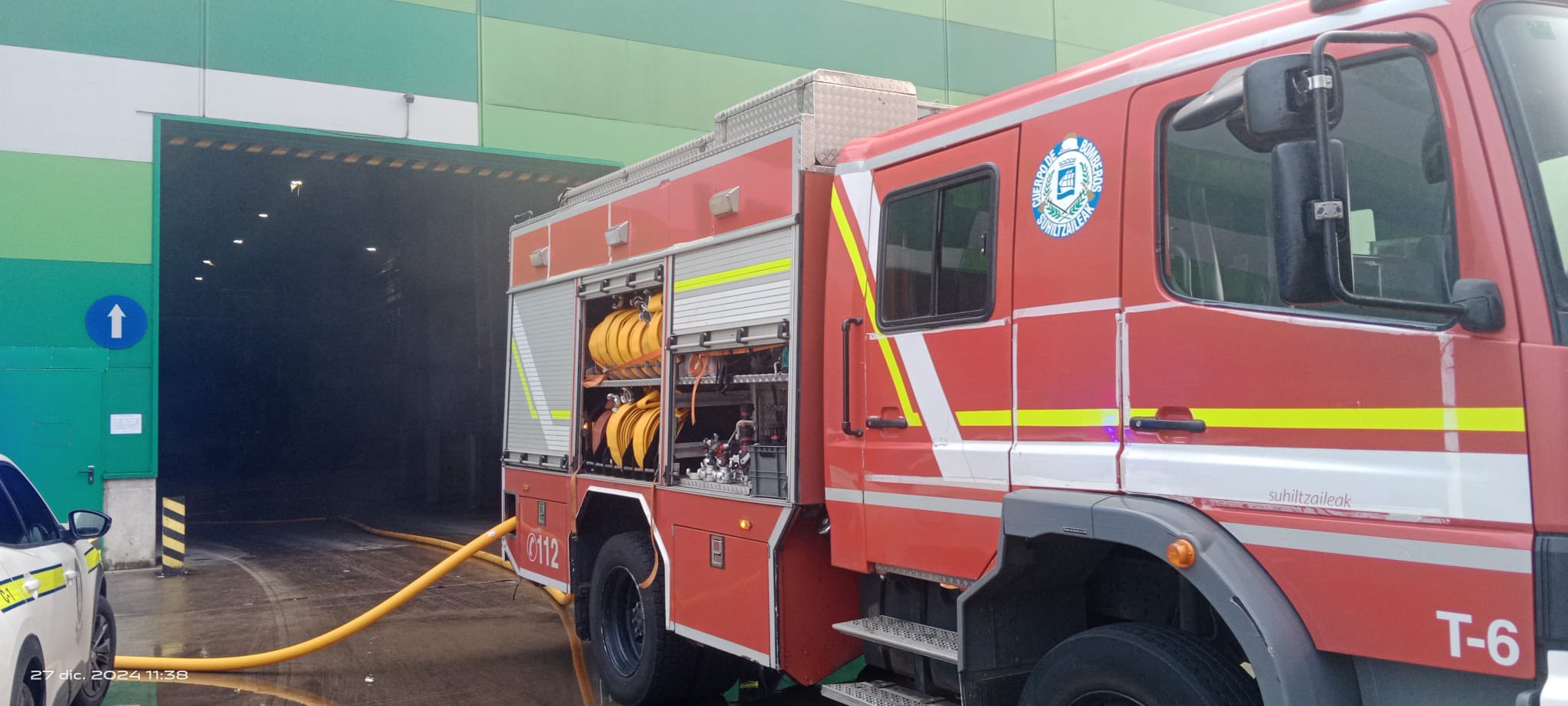The San Sebastian Examining Court charges César Gimeno and Ekondakin in the discharge of Arkaitzerreka
- In the Zubieta incinerator, the spillage was toxic in May 2020 and in Arkaitzerreka killed the affected fish abundantly. Now, the San Sebastian Examining Court No. 5 has just fired a car in which it determines to the Civil Guard the two investigations it must carry out. He has also charged more people: there are currently 14 people under investigation and four companies, including César Gimeno and Ekondakin.

In May 2020, many dead fish appeared in Arkaitzerreka and the Civil Guard Environmental Operational Central Unit (UCOMA) investigated the environment. In relation to the case, on 13 January 2022 several Ekobal workers and the GHK declared it imputed. Now, according to the AnclSOS Association, it has published a decree (31 May 2022) investigating the existence of ecological crimes in the operation of the incinerator 5 of Donostia. Judges of the Examining Court. This order has activated the investigation, which in the words of AnclSOS was "paralyzed": in particular, the magistrate has decided to commission two investigations to the Civil Guard.
The magistrate orders the Civil Guard to investigate the origin of substances appearing in an eel
The Civil Guard, in its research report, states that chloroalkanes are highly toxic compounds and that they “can cause cancer in man and other serious harm to health and the environment”, while this substance “has been banned in the EU since 2004”. The magistrate has commissioned the Civil Guard to “locate the source or source of emission of chloroalkanes (0.885 mg/kg) and the high levels of metals that appeared in the tissue of a dead eel.” AnclSOS pointed out that "if it was determined that the origin of chloroalkanum is in the incinerator, the court could order the cessation of the activity".
The magistrate also requests the Civil Guard to study the security situation of the incinerator at that time: “To determine the precise works, safety systems, performance and safety tests, installations and other corrective or safety and control measures, designed to prevent the spread of pollutants, to prevent discharges or to ensure the safety of workers and the environment, at the time and date of the events in which they had not been carried out, installed or tested for their proper functioning”. "The installation worked between February 2020 and 70-80%, without completion of the works, without carrying out the necessary tests and without authorisation to start up," SOS said.
AnclSOS considered "satisfactory" the investigation requested by the judge, "although not all the tests requested". To this end, this week he presents an appeal to the Provincial Court.
Imputed Cesar Gimeno, Ekondakin and Ekobal
The magistrate adds three new personal charges. Among them are the road engineer, César Gimeno and the Environment Deputy, José Ignacio Asensio, and the president of the GHK, "right hand" (as stated by Ancestrales SOS). In fact, when Iñaki Arriola was Transport Advisor in the 2009-2013 Legislature, he appointed Asensio and Executive Vice President César Gimeno as General Director of the Basque Railways Network. Anchoring SOS remembers that the newly charged Cesar Gimeno is an "example" of revolving doors: He was Director-General of the Campezo Construction Group, from where he went to the executive presidency of the aforementioned Basque Railways Network and the company Campezo assumed the award of the sections Bergara, Beasain and Ezdox-Itsaso for the execution of the TAV.
Another entity recently charged by the San Sebastian Trial Court is Ekondakin. It is the dealership of the construction and management of the incinerator and is part of it the investment company Meridiam, the Chinese waste treatment multinational Urbaser, LKS and the construction companies: Altuna and Uría, Moyua and Murias.
Along with the charge of Ekondakin, the judge has also charged the instrumental organization called Ekobal. Ekobal has been created by the company Ekondakin for the incineration plant to operate in the next 30 years. It has also charged the German company SBE (Steinmuller Bakoc Enrionment), which contributed furnace technology to the project and the Italian multinational Boldrochi, which participated in the installation of the investigated bucket.
.




















